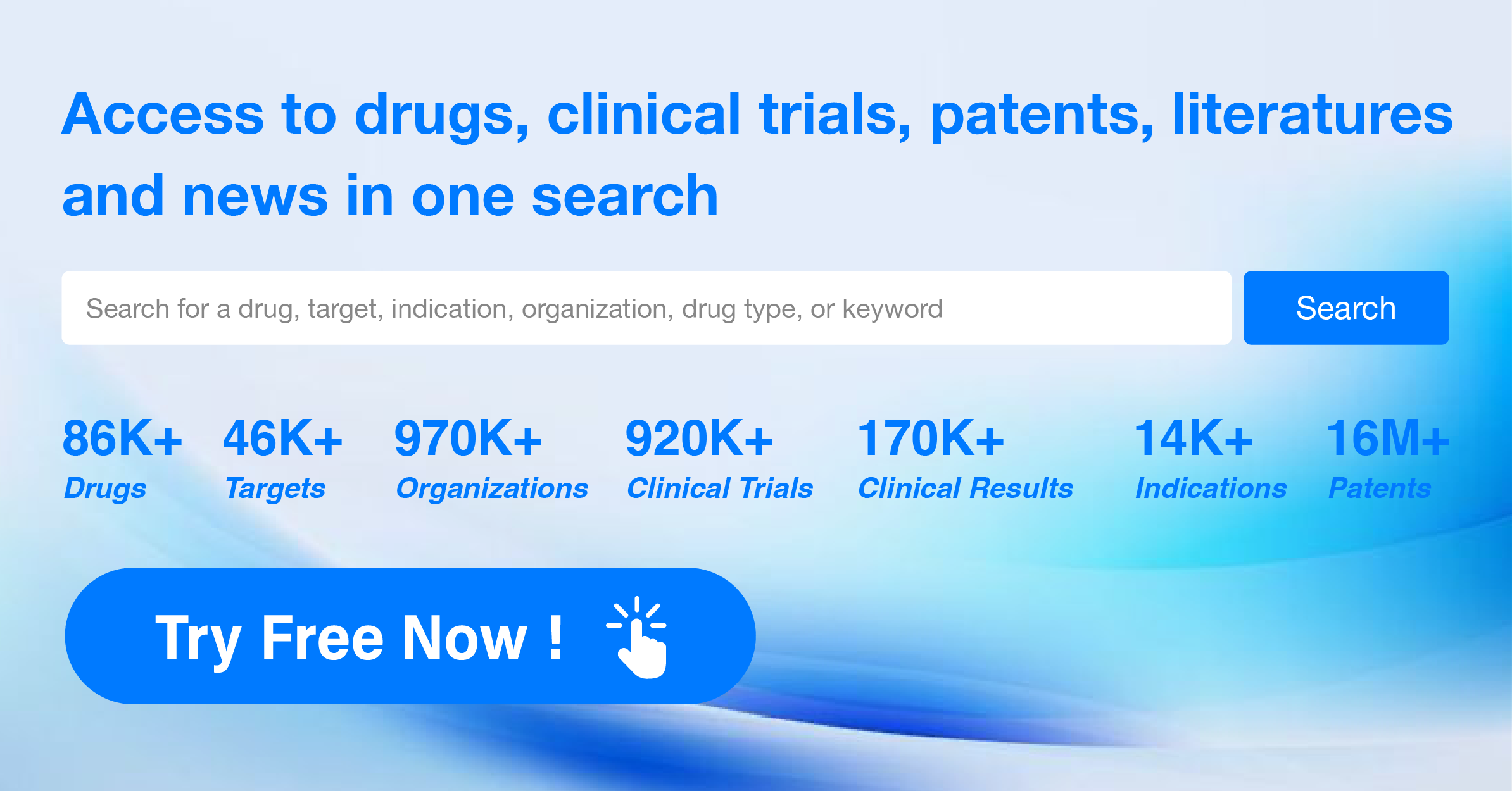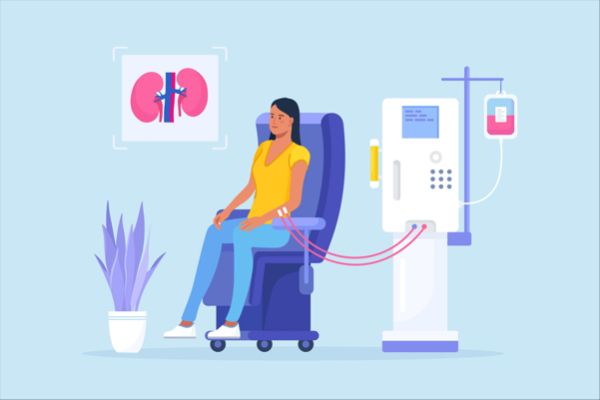Emerging Therapies and Vaccines Tackle Aggressive Cancers at AACR
In a recent analysis of 7,200 cancer research abstracts from the American Association for Cancer Research's (AACR) annual gathering, several significant trends emerged. The research is particularly focused on cancers with poor prognoses and a significant need for new treatments. Notably, pancreatic cancer was highlighted, with a five-year survival rate of only 12% as of 2023.
Two presentations stood out: one on Bristol Myers Squibb's immunotherapy drug Opdivo, which showed signs of improving outcomes in pancreatic cancer, and another on a messenger RNA vaccine being developed by BioNTech and Genentech, which demonstrated potential against a challenging form of the disease. The resurgence of cancer vaccines was a prominent theme, with advancements also noted in treating advanced liver, head and neck, non-small cell lung, and glioblastoma cancers.
Glioblastoma, a highly aggressive brain cancer with a five-year survival rate of 10%, saw a Phase I study of a dendritic cell vaccine by Diakonos Oncology, which significantly increased survival rates among patients. Other treatments, such as antibody-drug conjugates (ADCs), showed promise, with Vincerx Pharma presenting data on metastatic tumors and Merck and Kelun-Biotech revealing potential benefits in gastric cancer.
The meeting also highlighted Synthekine's STK-012, an interleukin-2 partial agonist, which showed favorable efficacy without the toxicities associated with IL-2 therapies. TILT Biotherapeutics' oncolytic adenovirus, TILT-123, combined with Merck's Keytruda, showed signs of efficacy in ovarian cancer patients.AstraZeneca's next-generation PARP1 inhibitor is being explored for its potential to reduce the toxicities associated with PARP inhibitors. Experts see a future where medications with minimal side effects can be combined for maximum patient benefit.
Despite the complexity of solid cancers, progress is evident, with a one-percentage point increase in the five-year survival rate for pancreatic cancer in 2023. The overall cancer death rate in the U.S. has dropped by 33% since 1991. The next wave of advancements will be discussed at the American Society of Clinical Oncology's annual meeting in June. Heather McKenzie, a senior editor at BioSpace, provided these insights.
How to obtain the latest research advancements in the field of biopharmaceuticals?
In the Synapse database, you can keep abreast of the latest research and development advances in drugs, targets, indications, organizations, etc., anywhere and anytime, on a daily or weekly basis. Click on the image below to embark on a brand new journey of drug discovery!


